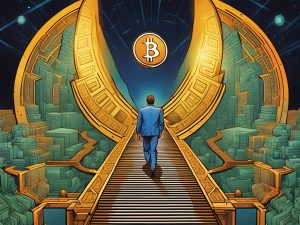Ethereum’s Impact on the Gaming Industry: Exploring the Potential of Non-Fungible Tokens (NFTs)
Do you enjoy playing video games? Imagine a world where you could truly own the virtual items you collect and use in your favorite games. Thanks to Ethereum, a revolutionary blockchain technology, this dream is becoming a reality. In this article, we will explore how Ethereum and its non-fungible tokens (NFTs) are transforming the gaming industry, providing unique opportunities for gamers like you.
Ethereum is a decentralized platform that enables the creation and execution of smart contracts, or self-executing agreements with predefined rules. It utilizes blockchain technology to ensure transparency, security, and immutability. Unlike Bitcoin, Ethereum is not solely focused on being a digital currency; it aims to be a platform for various applications, including gaming.
One of the most exciting applications of Ethereum in gaming is the concept of non-fungible tokens (NFTs). Unlike cryptocurrencies such as Bitcoin or Ethereum itself, NFTs represent unique assets that cannot be exchanged on a one-to-one basis. They have individual characteristics and can be used to represent ownership of in-game items, digital art, collectibles, and more.
So, how do NFTs work in practice? Let’s say you’re playing a fantasy role-playing game, and you find a powerful sword while exploring a dungeon. In a traditional gaming environment, that sword would be just pixels on your screen, owned by the game developer. However, with NFTs, that sword can be tokenized on the Ethereum blockchain, meaning it can be uniquely identified and owned by you.
When you acquire an NFT, the ownership information is recorded on the Ethereum blockchain, making it verifiable and tamper-proof. This means that you truly own the item, and no one can take it away or counterfeit it. Moreover, NFTs can be freely bought, sold, and traded on various marketplaces, giving them real-world value.
Imagine the possibilities this opens up for gamers. You can collect rare and valuable in-game items that hold intrinsic value beyond the game itself. You can trade or sell these items with other players, creating an economy within the virtual world. This brings a new dimension to gaming, where your time and effort can be monetized, allowing you to potentially make a living or earn extra income through gaming.
The impact of NFTs on the gaming industry goes beyond the economic aspect. It also enhances the players’ sense of ownership and creativity. With NFTs, you can customize and create unique items, art, or characters, and sell them to other players. This fosters a vibrant community of creators who can monetize their skills and imagination, blurring the lines between players and developers.
As Ethereum and NFTs gain traction in the gaming industry, we are already witnessing the rise of gaming platforms built on blockchain technology. These platforms aim to provide gamers with a seamless and secure experience, where they can truly own and control their virtual assets. They also enable cross-platform compatibility, allowing gamers to interact with each other and transfer assets across different games.
But what about the environmental impact of blockchain gaming? It’s true that blockchain technologies like Ethereum consume a significant amount of energy due to the computational power required for mining and transaction processing. However, there are ongoing efforts to develop more sustainable solutions, such as Proof-of-Stake (PoS) consensus algorithms, which will reduce the energy consumption of Ethereum.
Frequently Asked Questions
Q: Can I use NFTs in any game?
A: Currently, NFTs are primarily used in blockchain-based games or games that have integrated Ethereum. However, as the technology becomes more widespread, we can expect to see NFTs being adopted by mainstream games.
Q: How can I buy and sell NFTs?
A: There are various marketplaces where you can buy and sell NFTs, such as OpenSea, Rarible, and SuperRare. These platforms allow you to browse, search, and trade a wide range of NFTs.
Q: Is Ethereum the only blockchain for NFTs?
A: While Ethereum is currently the most popular blockchain for NFTs, there are other blockchains like Binance Smart Chain and Flow that also support NFTs. Each blockchain has its own unique features and ecosystem.
Q: Are NFTs a form of investment?
A: Investing in NFTs can be risky and speculative, as their value can fluctuate. It’s important to do thorough research and evaluate the potential of the NFT before making any investment decisions.
Q: Will NFTs replace traditional gaming?
A: NFTs provide new opportunities and experiences in gaming, but they are unlikely to replace traditional gaming entirely. Traditional gaming will continue to coexist with blockchain-based gaming, offering different preferences and gameplay styles.
Ethereum’s impact on the gaming industry is profound, revolutionizing the way we interact with virtual worlds. With NFTs, gamers like you can truly own and monetize their in-game assets, creating new economic opportunities. The sense of ownership, creativity, and community fostered by NFTs enhances the overall gaming experience. As blockchain technology continues to evolve and become more sustainable, we can expect Ethereum and NFTs to shape the future of gaming for years to come.

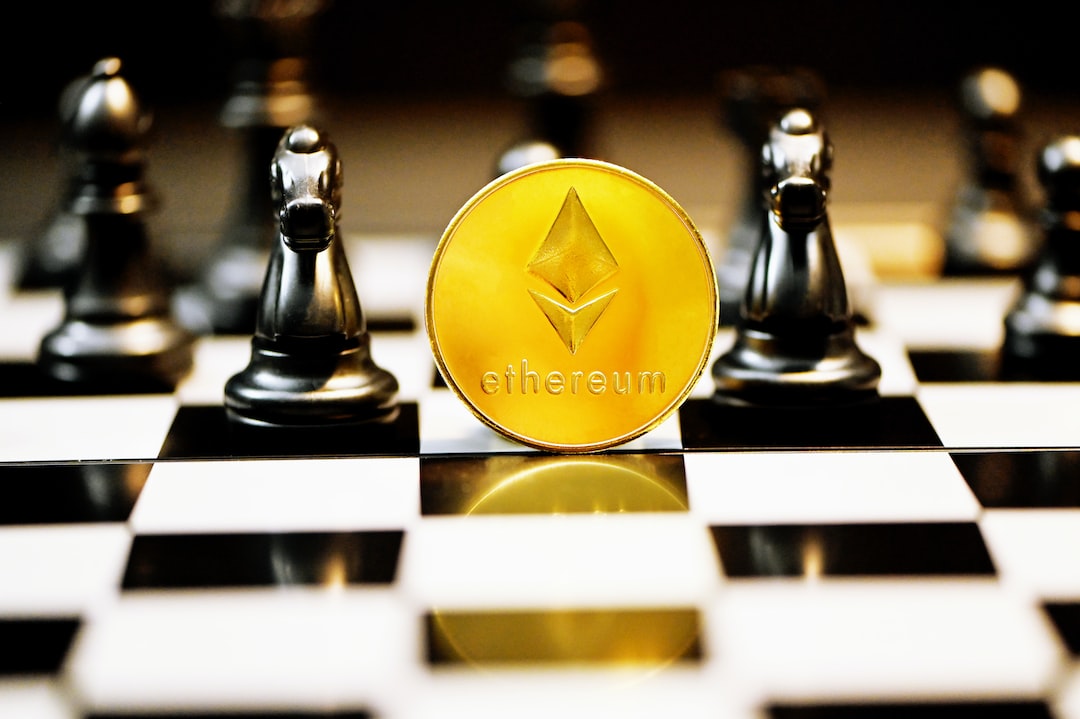
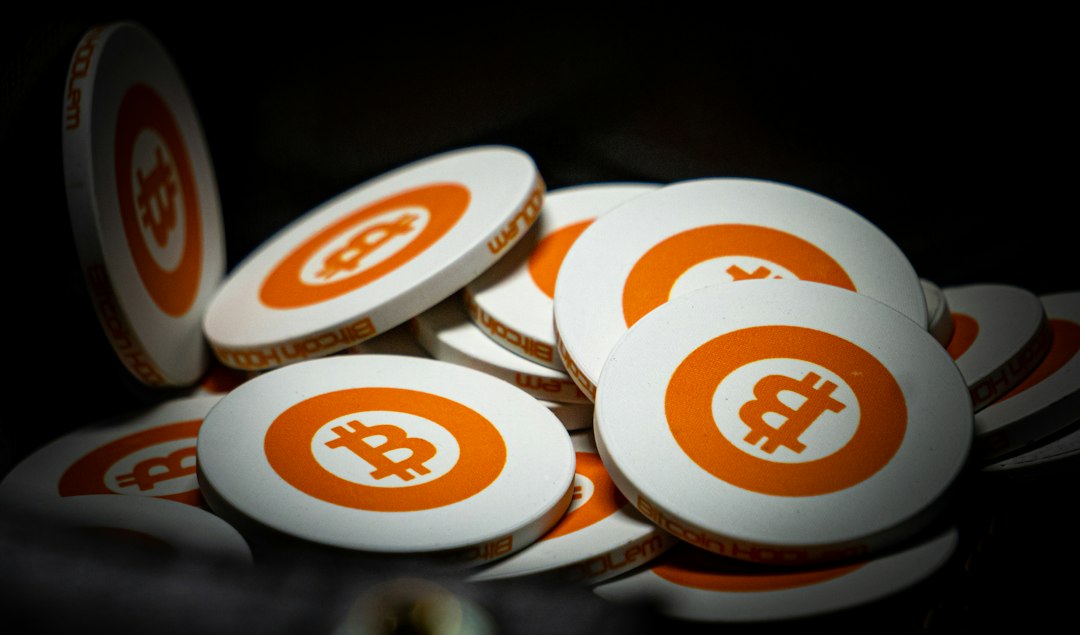
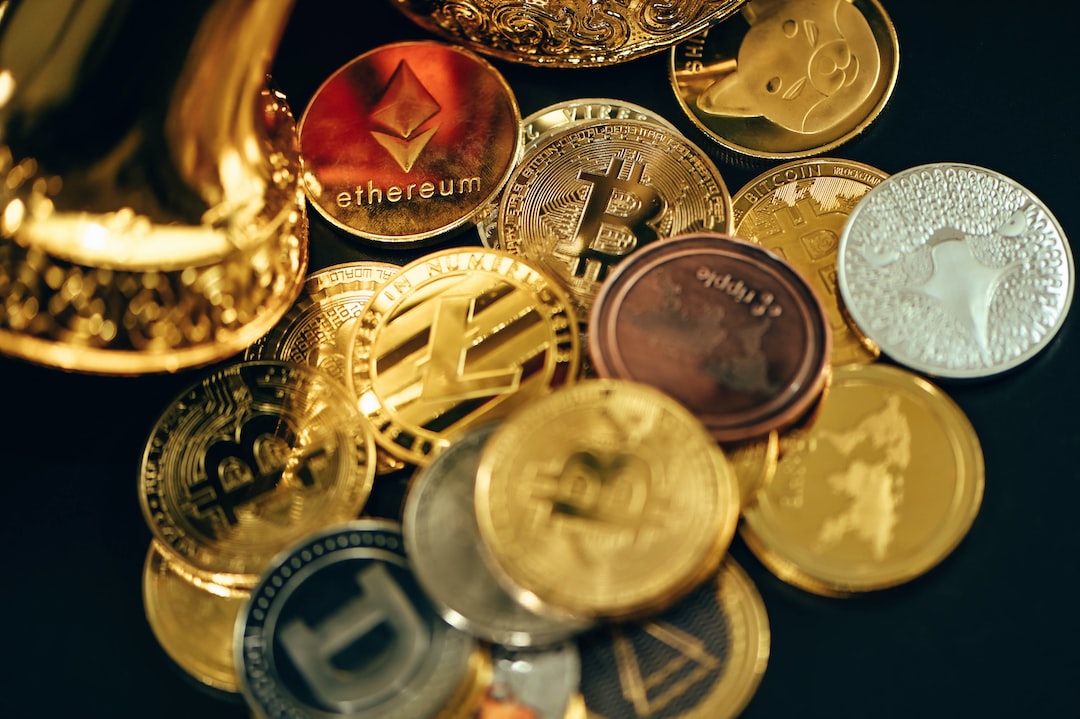
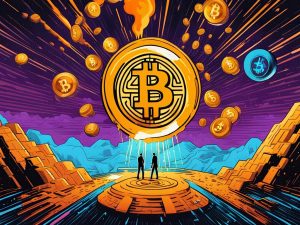
 By
By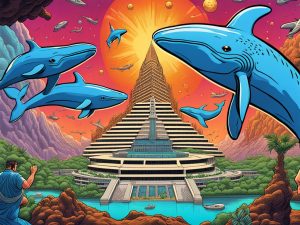
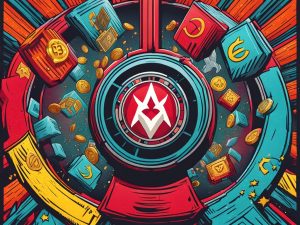
 By
By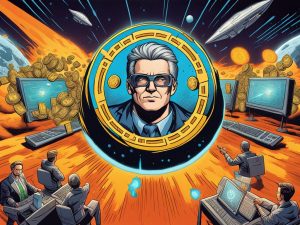
 By
By
 By
By